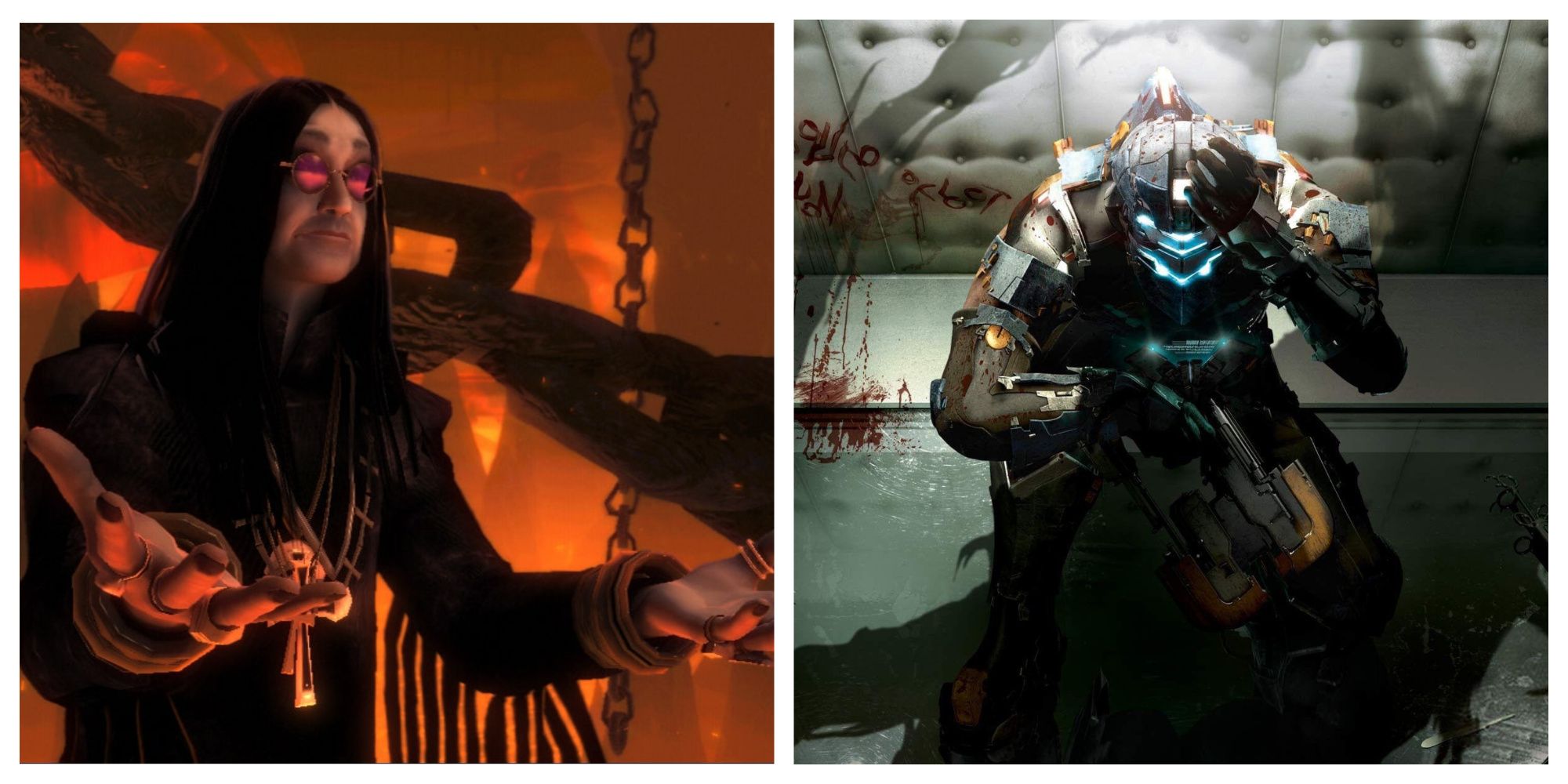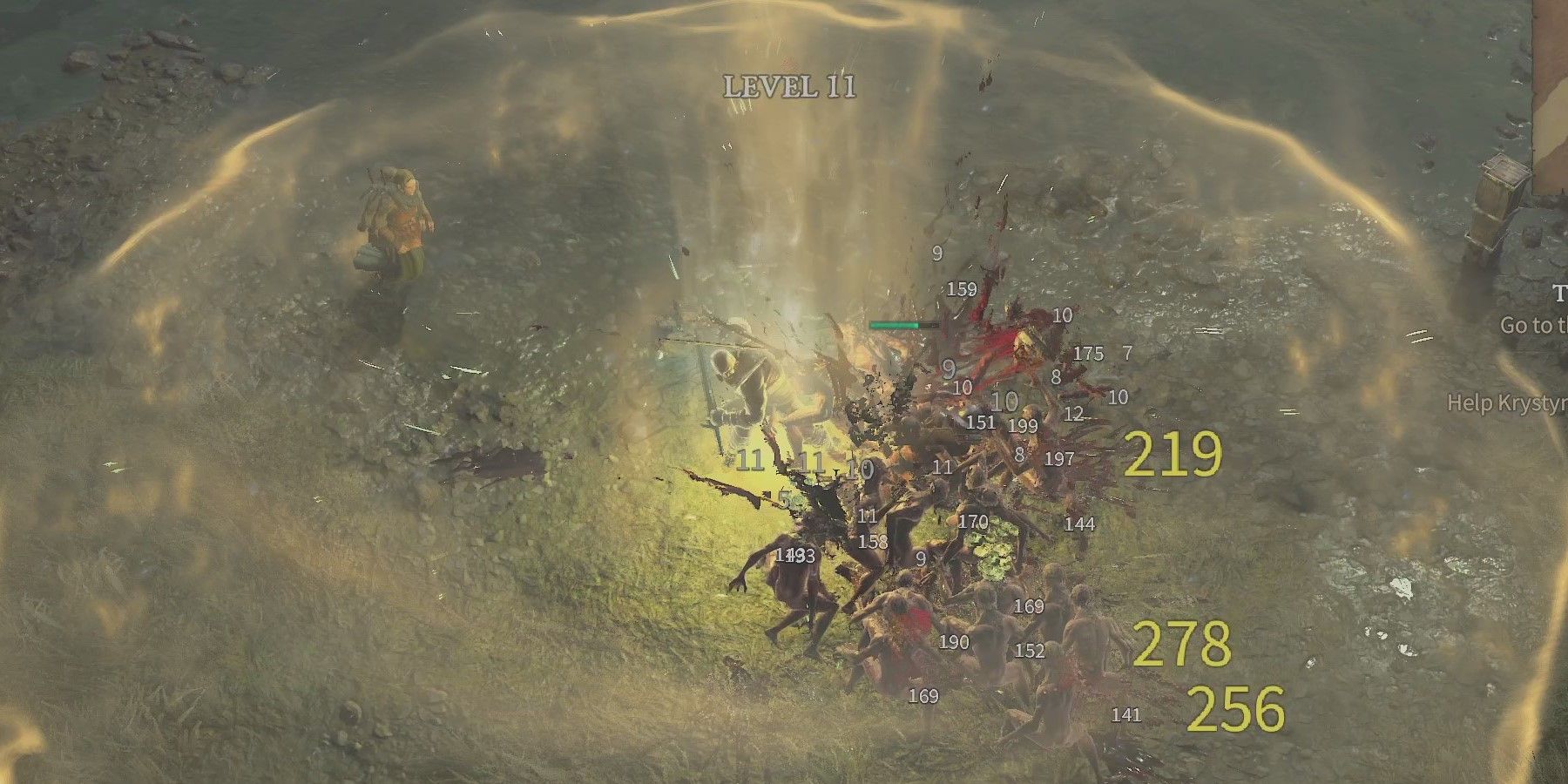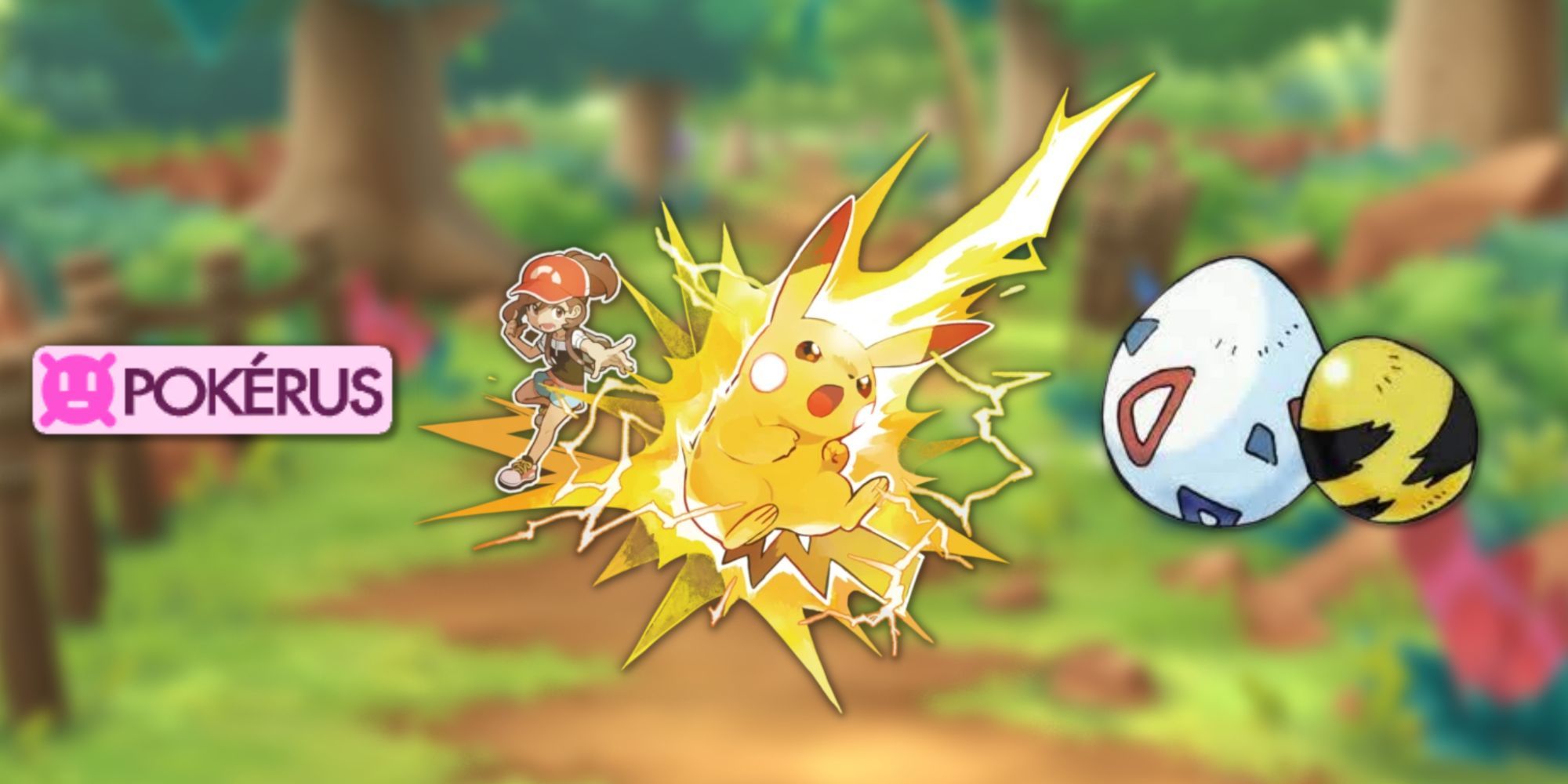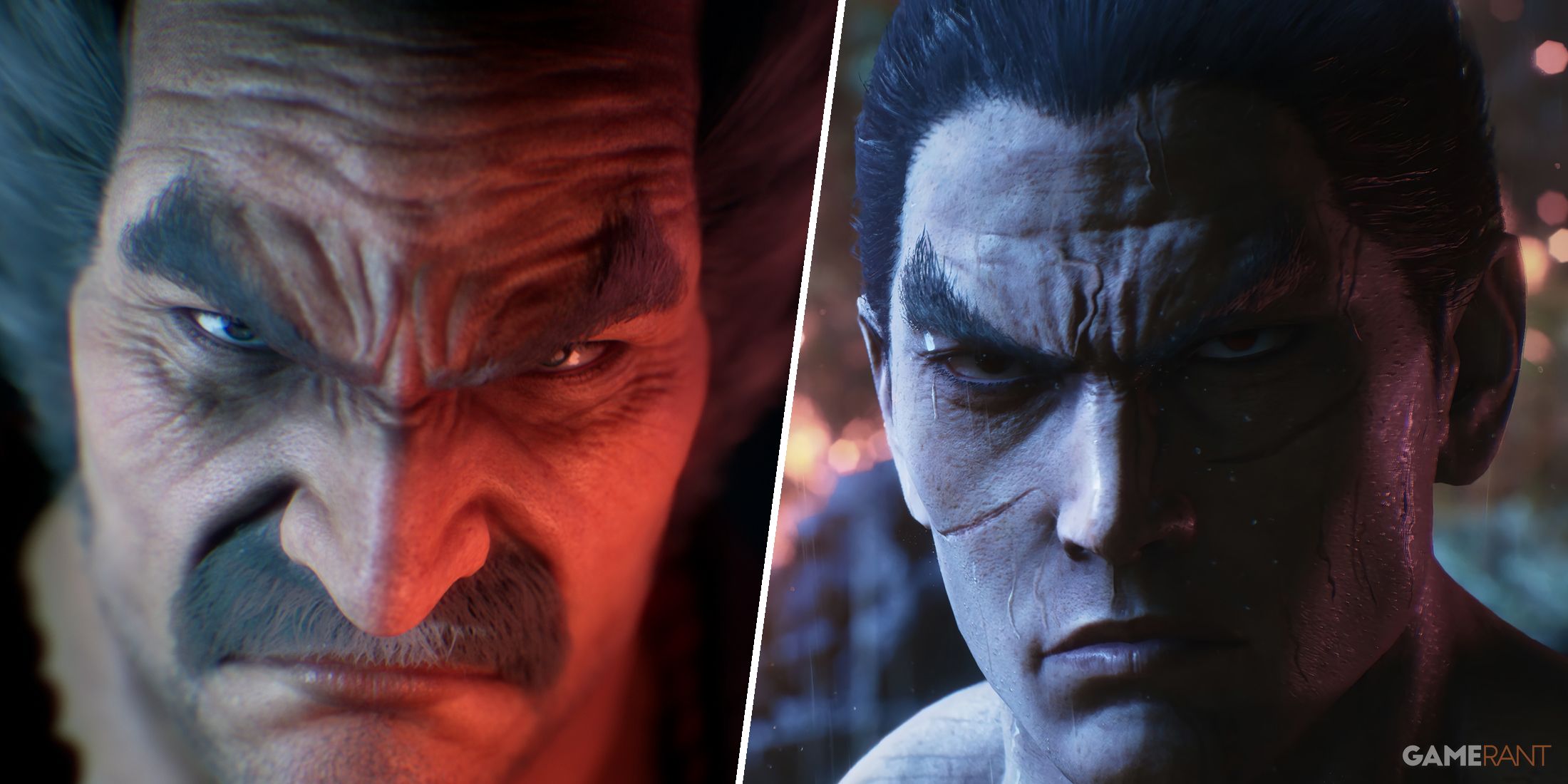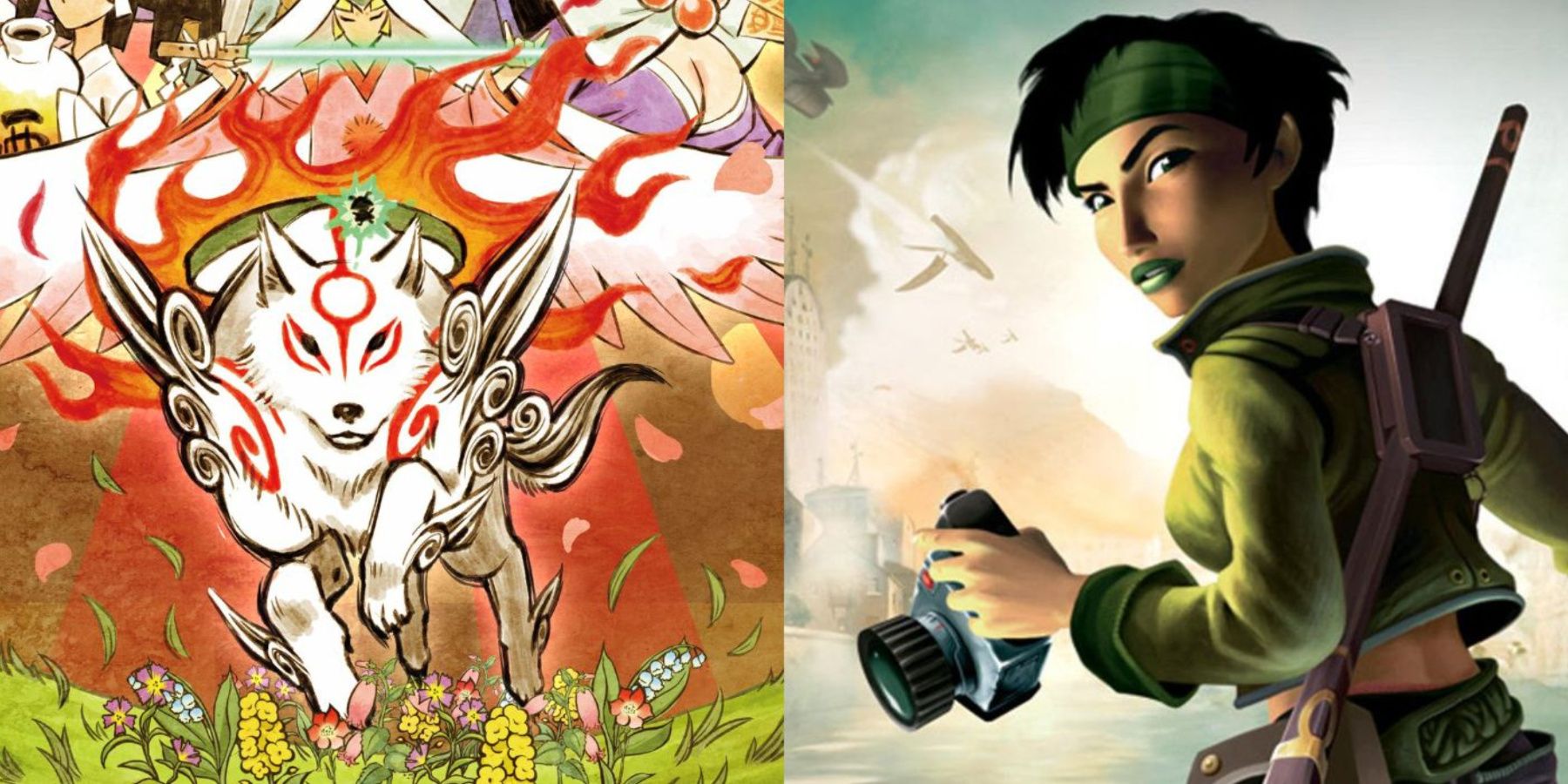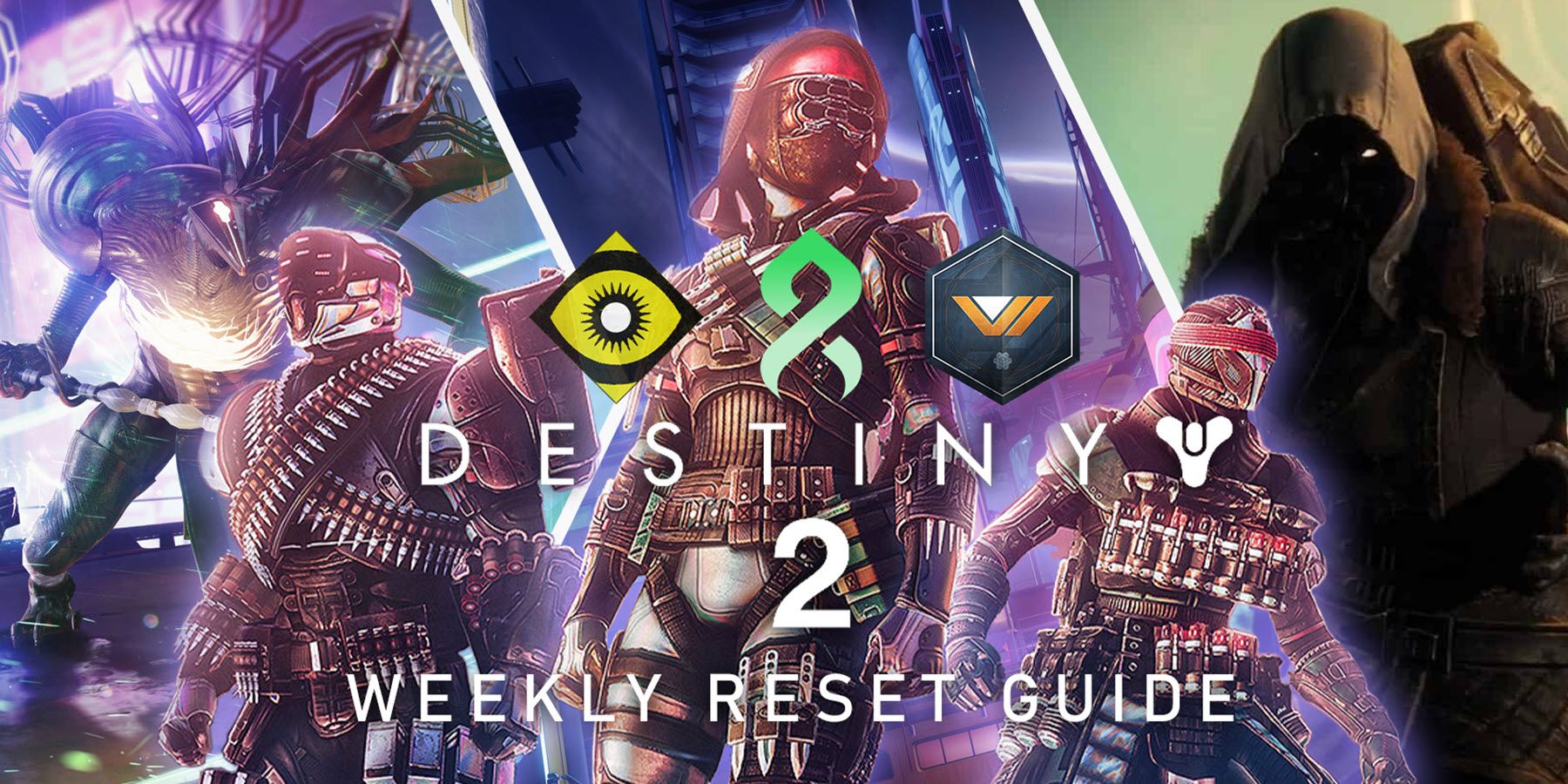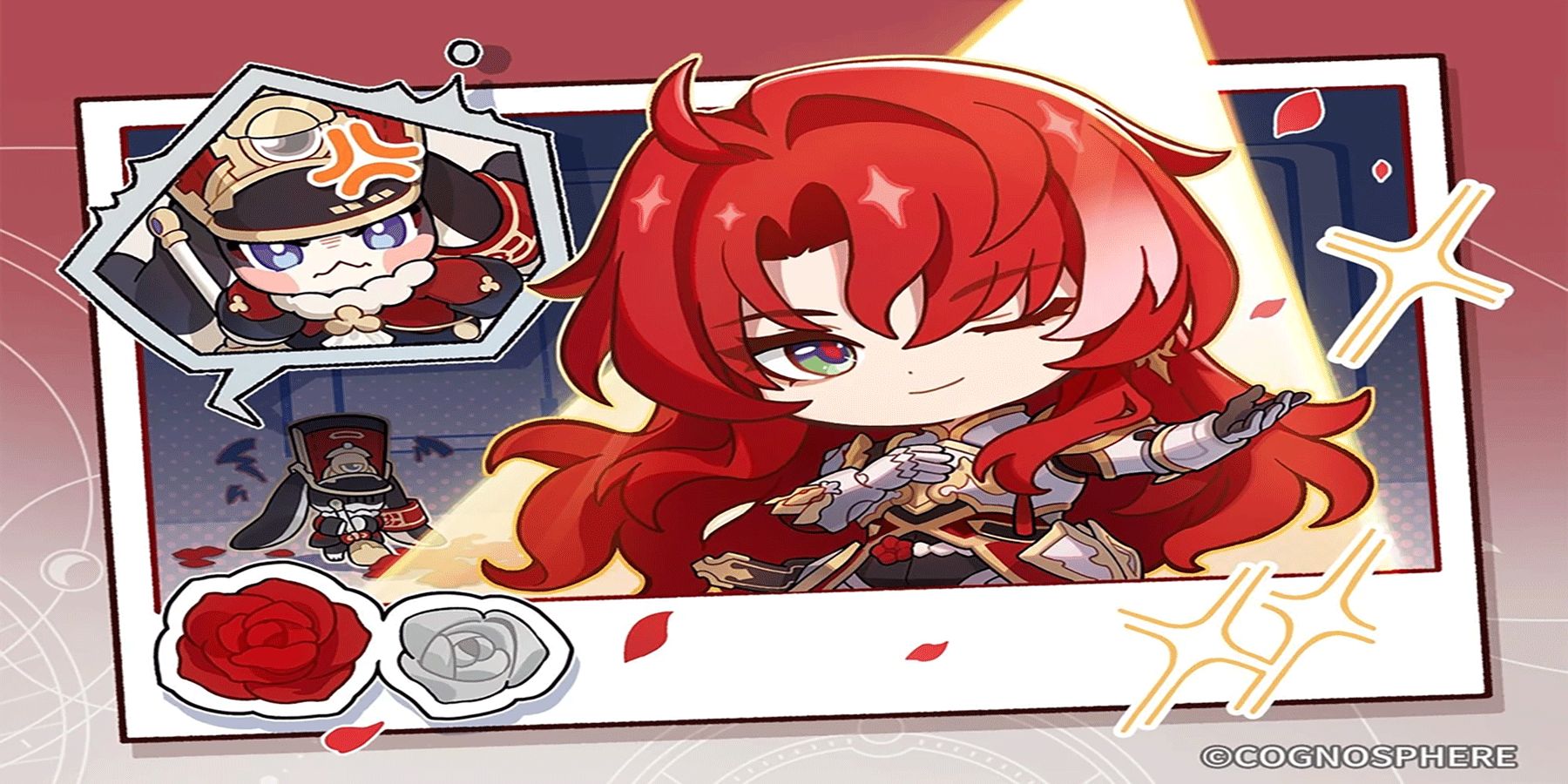Key Takeaways
- A great game can get lost without effective marketing, but misleading advertising can ruin a game’s financial potential.
- Marketing mishaps like bizarre stunts or misrepresentations can impact a game’s success.
- A publisher’s plans to cynically capitalize on a game’s name recognition have been known to backfire.
There’s more to becoming a great video game studio than making a good video game. The industry is now bigger than movies and music combined, meaning that there are a lot of hungry executives looking to take a cut of this lucrative market. Addditionally, thanks to a slew of tools and tutorials, making video games has never been easier for indie developers. As a result, it’s easy for even a great game to get lost in the mix.
Related
5 Most Influential Video Games That Bombed On Release
Many games, like System Shock 2 and Shenmue, may have left a great legacy in video game culture, but too many failed to sell well.
That’s where the marketing department comes in. These savvy sellers exist to ensure that a title stands out and finds its audience (or the largest audience possible) amid a sea of competition. Some larger publishers value this part of the process so much that they can designate up to (or well beyond) half of the game’s massive budget to its marketing campaign. However, there have been many examples when marketing backfires and ruins a great game’s financial potential through misleading advertising, unclear messaging, or ineffective, cringy grabs for attention.
EarthBound
This Marketing Campaign Stunk (Literally)
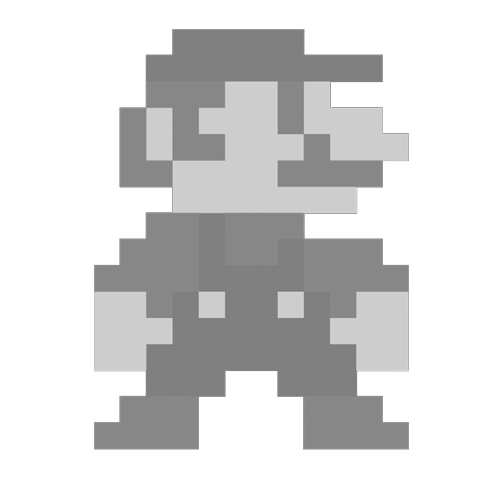
- Franchise
- EarthBound
- Released
- June 5, 1995
There’s a reason why Ness remains, in many gamers’ minds, a Super Smash Bros. character and not an Earthbound or Mother character. When marketing Earthbound in North America, the team at Nintendo gleaned that Earthbound was a game about a Dennis the Menace-type character getting up to juvenile hijinks, and as such, came up with a way to “prank” potential fans with a scratch and sniff campaign.
“This game stinks” was proudly plastered onto all marketing material, along with the declaration about it being “the first Role-Playing game with B.O.” A vast sum of money ($2 million) went into distributing stinky material into the pages of magazines across the country. Naturally, this confusing mixed messaging, which missed the point of Earthbound’s quirky core appeal and led to the series’ failure outside of Japan.
Guild Wars 2
The Hidden Taxi Cab Roleplay

The months leading up to Guild Wars 2‘s launch day are worth studying for their marketing potency. However, fans and players have bemoaned the game’s inability to sell itself through ads ever since. Today, Guild Wars 2 is famous for its mounts. However, way back in 2014, ArenaNet’s marketing team decided to put out a baffling piece of guerilla marketing that involved a taxi driver making small talk about Guild Wars 2 with random passengers in a Tyria-themed cab.
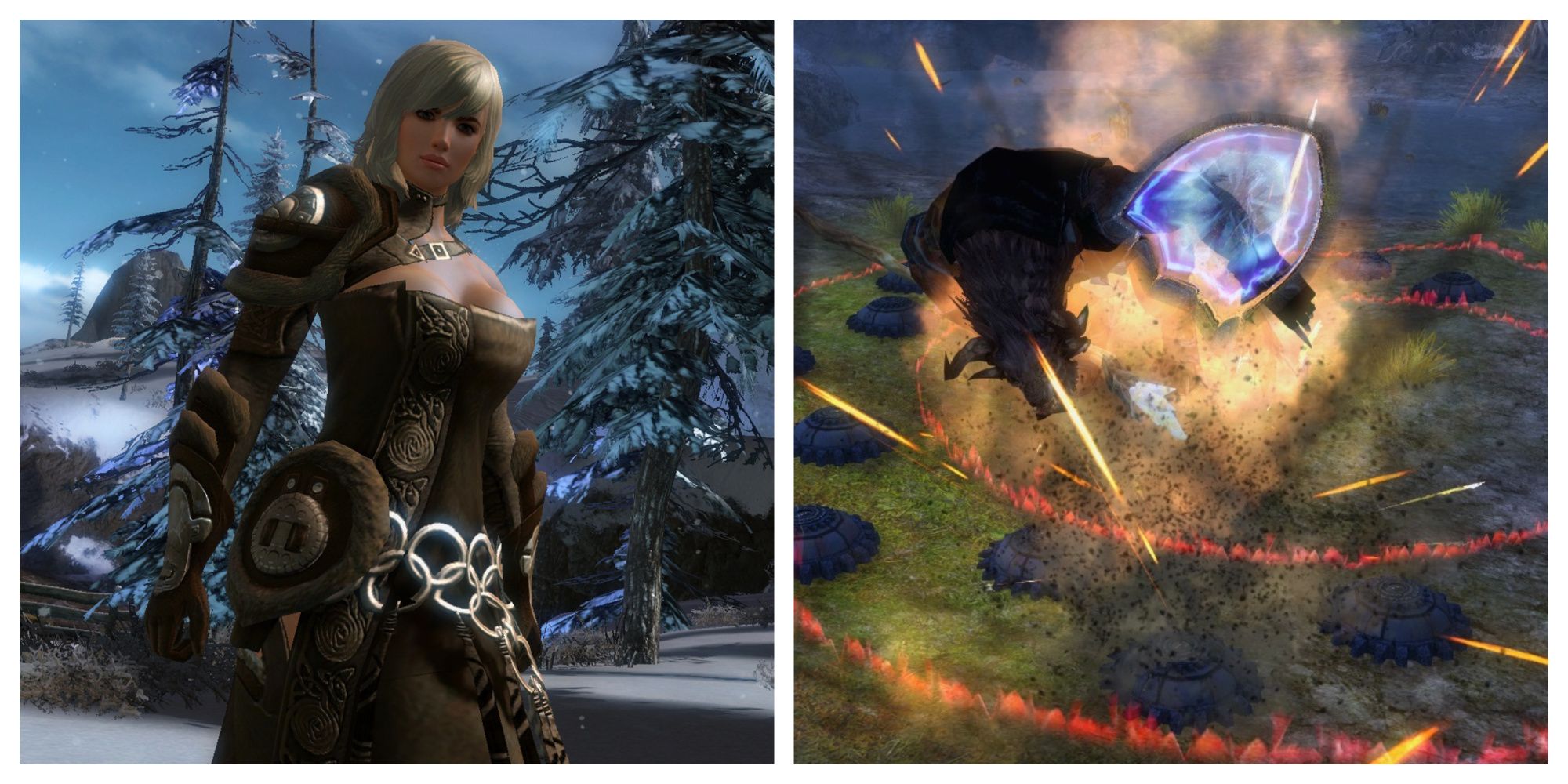
Related
7 Things Guild Wars 3 Could Learn From The Previous Games
With Guild Wars 3 confirmed as in development, it is time to examine the other two games in the series and learn from the past.
The bizarre conversations between the random strangers (none of whom seemed interested in games) did nothing to sell Guild Wars 2’s best features and only seemed to induce cringe in its player base. This wouldn’t be the only marketing misstep, as one of the game’s first live-action advertisements showcased a bizarre avent-garde short film about graffiti, coal walking, and urban freerunning, completely missing its would-be target audience, and worse, spoiling the appearance of the final boss.
Dead Space 2
Mom Probably Didn’t Pick This One Up As A Holiday Gift
- Released
- January 25, 2011
For those gamers out there who sometimes ask, “Why is video game culture still so hostile to women,” part of the answer lies in divisive advertising. Case in point: this Dead Space 2 video from 2011. Rather than marketing the game as a continuation of the same gripping sci-fi horror from the previous title, the video showcases the disgusted reactions of hundreds of moms and describes it as “violent, revolting, and everything you love in a game.”
Rather than showcasing DS2‘s tense and claustrophobic atmosphere, the psychological depth of the story, immersive UI design, or the visceral cutting and combat mechanics, the infantilizing commercial implies that gamers are all juvenile, basement-dwelling edgelords who thrive on the misery of others (especially those most likely to have witnessed the body horror of birth first hand) as if there have never been any female or mature horror fans.
Brutal Legend
Underplaying Eddie’s Command Of The Crowd
Brutal Legend
- Released
- October 13, 2009
Most successful games go in one of two directions: either they seriously hone in on one type of gameplay for the player to master, or they offer a fun variety of activities to keep the player engaged. From Brutal Legend‘s tongue-in-cheek art style, heavy metal story and themes, and a slew cameos from real-life music legend, it’s fairly obvious that it falls into the latter category. However, according to Tim Schafer, their publisher, EA, wanted them to keep the game’s multiple genres under wraps for fear that it might confuse players.
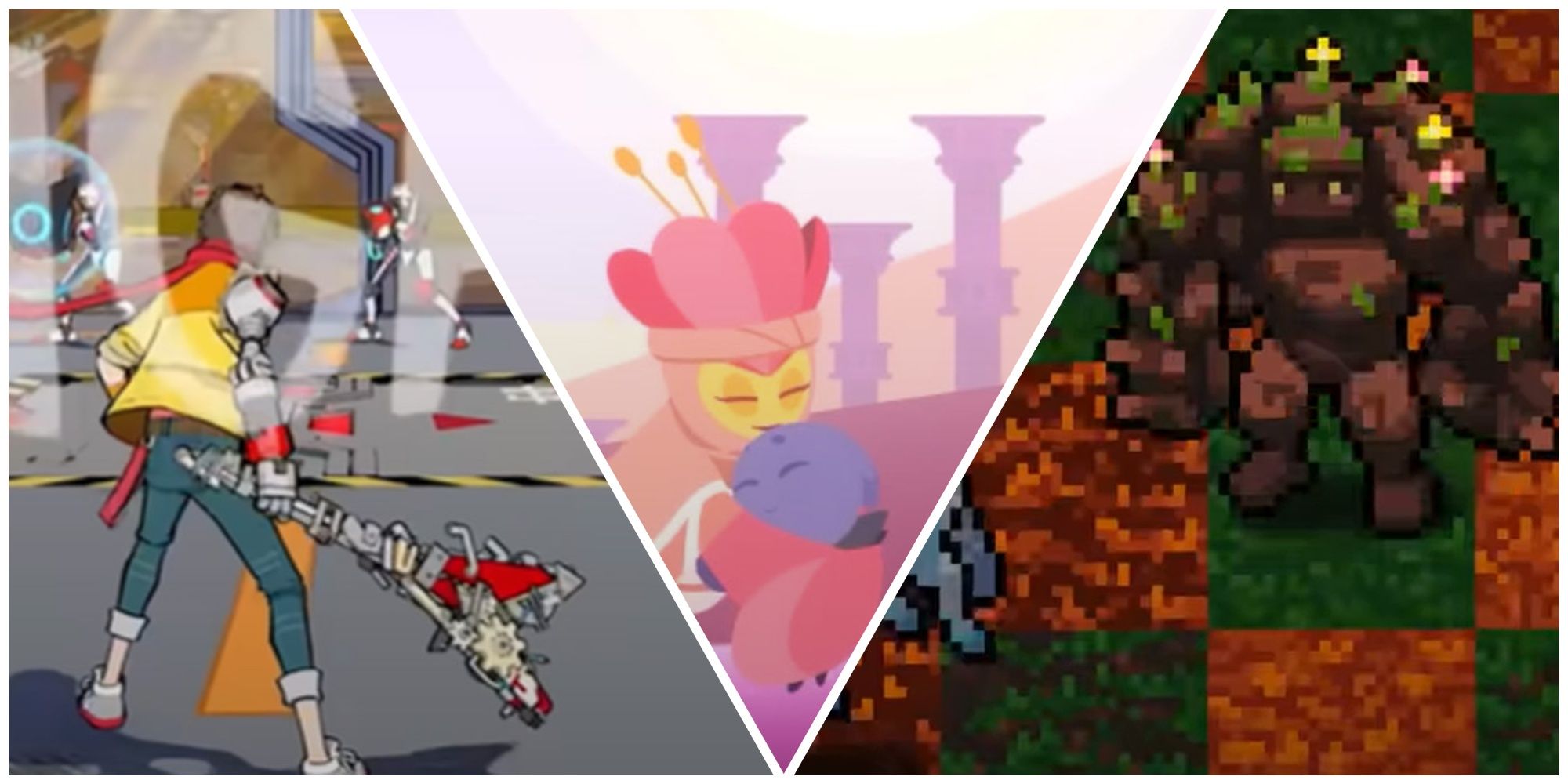
Related
Games That Are Basically Interactive Music
Although most video games incorporate some kind of musical component, these titles found creative ways to make music interactive.
As such, all advertising materials were directed to showcase its hack-and-slash elements at the expense of its other main gameplay features, namely its RTS sections, which take up a bulk of the later game. Many fans believe that this misrepresentation hurt Brutal Legend’s commercial success, as its unique blend of genres was never fully communicated to the audience, leaving both action and strategy fans unsatisfied.
Prey (2017)
What’s In A Name (If It’s Already Taken)
- Released
- May 5, 2017
- OpenCritic Rating
- Strong
Finding a killer name for a game can be tricky, but when Bethesda imposed a name on 2017’s Prey, it nearly killed any enthusiasm from potential fans. Bethesda took the name from an existing and beloved game, Prey (a 2006 title about a Native American protagonist who becomes an alien bounty hunter) and slapped it on Arkane’s immersive sci-fi sim, presumably to capitalize on the existing name recognition.
The game shared some similarities with the original Prey. For example, both involved alien threats and elements of survival in space. However, fans felt betrayed, as the name change marked the death of any hope for a true Prey sequel. Prey‘s director Raphaël Colantonio famously stated that capitulating to Bethesda on the name change was a mistake. Thankfully, the high quality of Arkane’s work shone through, and the game found its audience.
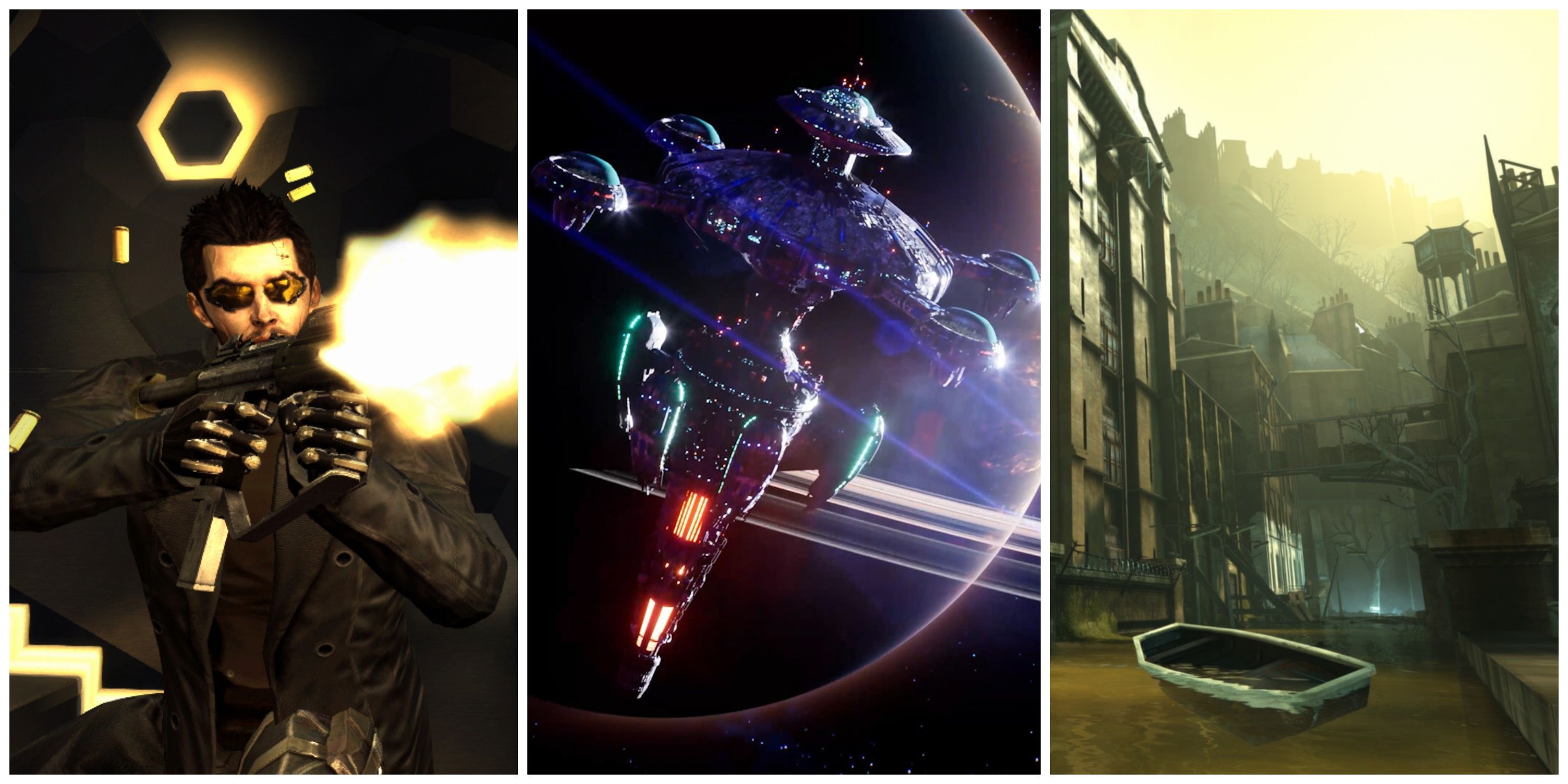
More
6 Immersive Sims For Newcomers To The Genre
The Immersive Sim genre shines for its complexity and player freedom, but it can be daunting for newcomers.
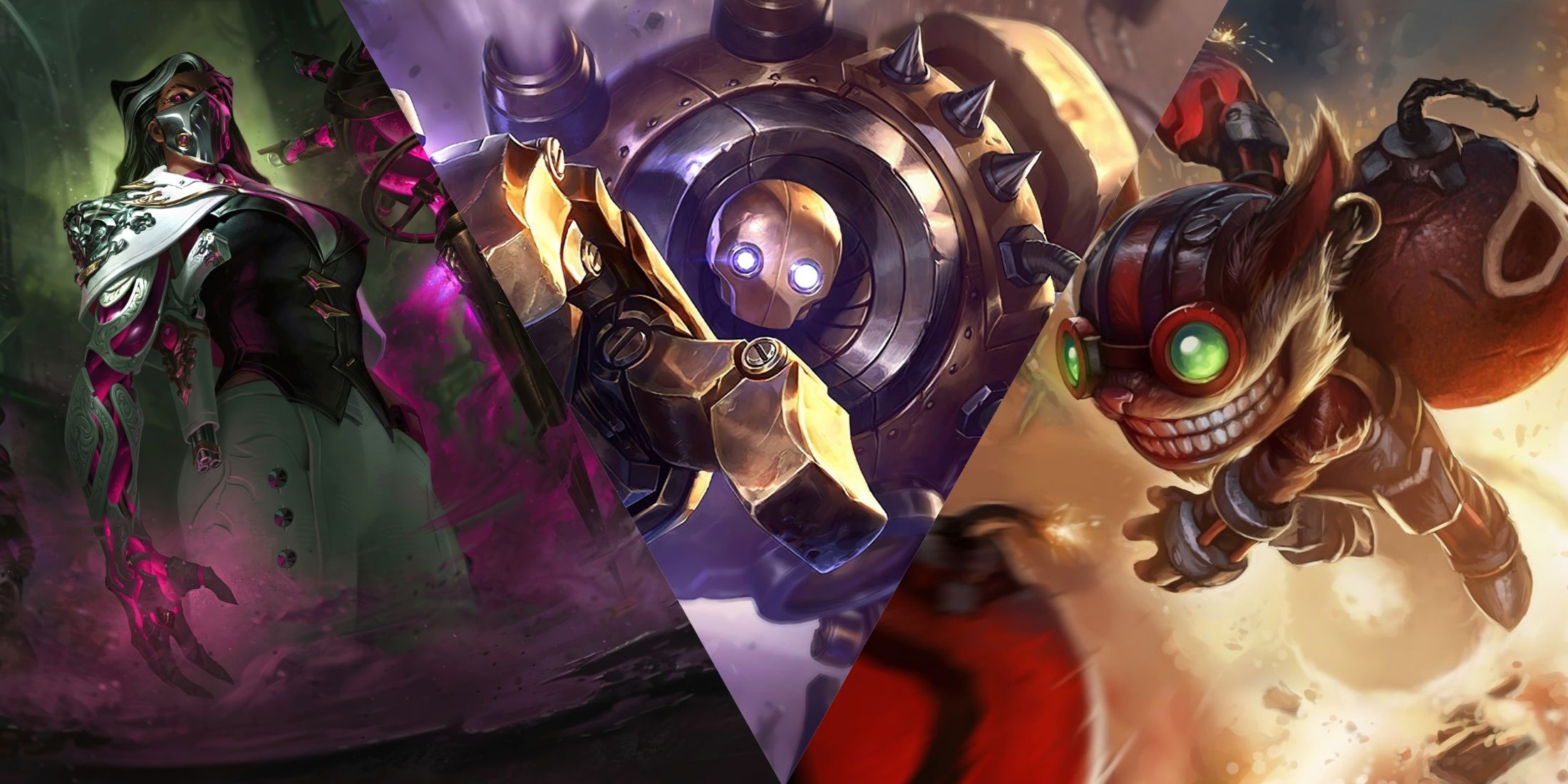
/cdn.vox-cdn.com/uploads/chorus_asset/file/25736630/SS2_0106_eWtsAlhn.JPG)
